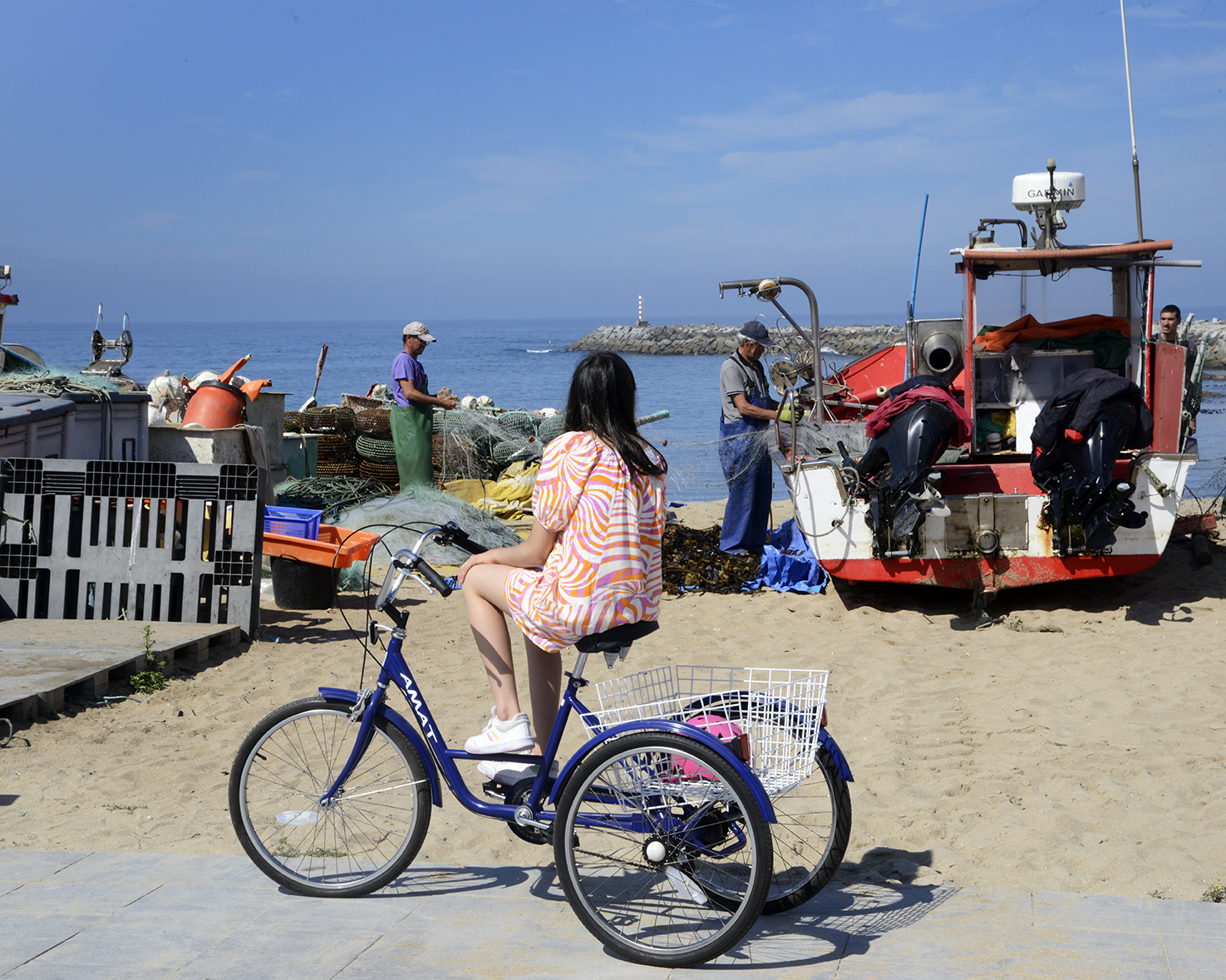FAUP participates in research project dedicated to blue tourism in the European Atlantic area
SeaLabHaus

FAUP participates in research project dedicated to blue tourism in the European Atlantic area SeaLabHaus
April 26th, 2024
In April 2024, a group of researchers from the Center for Studies in Architecture and Urbanism (CEAU) of the Faculty of Architecture of the University of Porto (FAUP), coordinated by researcher André Tavares, began the activities of the SeaLabHaus project - "Atlantic New Bauhaus Laboratory for Sustainable, Inclusive and Beautiful Blue Tourism, Heritage and Culture of the Sea", funded by the INTERREG - Atlantic Area Program.
Coordinated by the University of A Coruña, this initiative involves, in addition to the University of Porto, the Université Bretagne Sud and the École Européenne Superieure d'Art de Bretagne (France), University College Dublin and the South East Technological University (Ireland) and the Universidad de Las Palmas de Gran Canaria (Spain), as well as government and civil society organizations, such as the Association for the Local Development of Bairrada and Mondego (AD ELO, Portugal), which form a transnational consortium of ten partners, in addition to nine other associated projects.
The SeaLabHaus project, which runs until 2026, aims to develop studies and new digital tools to boost blue tourism, i.e. tourism linked to the ocean, within the premises of sustainability, aesthetics and inclusion associated with the New European Bauhaus.
FAUP's contribution is focused on coordinating and selecting good practices in the regions involved in the project and drawing up a maritime heritage catalog based on five case studies located in these regions.
FAUP is also responsible for organizing a Transnational Forum on the Sea and Sustainability, which will take place on July 4 and 5, 2024. During the event, in addition to meetings, debates and activities to co-create innovative strategies and practices to support the development of tourism linked to the sea, representatives of the partner organizations and the Regional Action Group will have the opportunity to visit some of the places previously selected by FAUP researchers and learn about projects and practices that suggest alternatives for reconciling the economic dynamics associated with tourism with awareness of its environmental impacts, both on the sea and the built environment and on coastal communities.